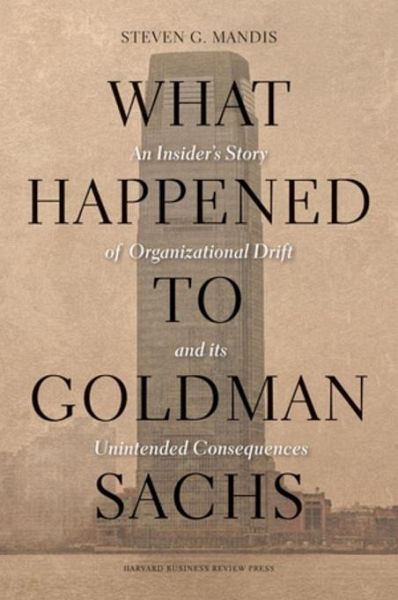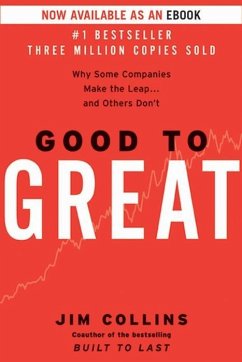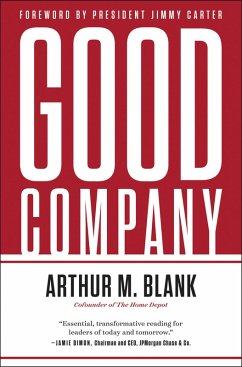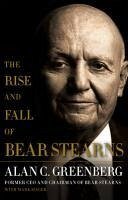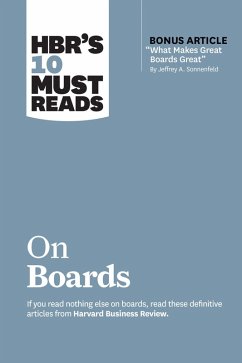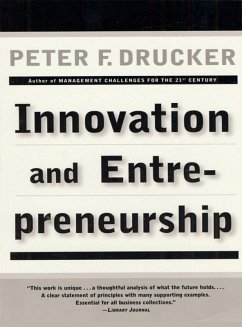"Forget Greg Smith and those muppets. What Happened to Goldman Sachs by Steven Mandis is the book to read." [as tweeted by] Andrew Palmer, Finance Editor at The Economist
an accessible, clearly written book. Those interested in all things Goldman will find it useful for its appendixes, which include a timeline of the bank's history and biographical sketches of its top leaders" The New York Times
a remarkable new book" The Economist
an informative and interesting book. People who don't know what life in a big Wall Street firm is like will find the book enlightening." Fortune
In this riveting debut, Columbia Business School professor and former Goldman Sachs
executive Mandis examines the factors that tarnished the firm's reputation in recent years. a must-read for anyone interested in the world of business and finance, history, or organizational dynamics."
Publisher's Weekly fascinating for its sympathetic yet unflinching study of a firm and an industry that has come to epitomize what is problematic about Western capitalism,
What Happened to Goldman Sachs is hard to beat."
strategy+business magazine
entertaining and informative a welcome addition to the literature on the rise and fall of corporations." Seeking Alpha (seekingalpha.com)
a profound tale."
The Financial TimesSeveral authors have tackled the question of how Goldman's culture changed post-1999 but none so deftly as Steven G. Mandis"
The Wall Street JournalMandis's book describes changes at the bank and across the industry that have contributed to the unflattering portrait of Wall Street that has taken hold since the financial crisis." Politico (politico.com)
a more somber, studied look at the bank's culture. His book, [
What Happened to Goldman Sachs] has the added gravitas of being the basis for Mandis's PhD dissertation on his former employer at Columbia University." Bloomberg Businessweek
organizational drift' can erode the core values that make any company successful. Steven G. Mandis, a former Goldman Sachs investment banker, explains how that happened to the Wall Street firm and offers prescriptions for combating the problem in this insightful volume."
Fort-Worth StarTelegram
If you've lost patience (or interest) with the oodles of books that have been churned out about the financial crisis (many of them excellent), reignite your curiosity enough to pick up
What Happened to Goldman Sachs?"
800 CEO READMandis uses a sociological theory he calls organizational drift" to explain why and how the culture of his former employer changed over the course of the past three decades. His analysis contributes to an understanding of the inadvertent yet profound consequences that can result from growth with any large organization."
Business DigestADVANCE PRAISE for
What Happened to Goldman Sachs:
Bethany McLean, coauthor,
The Smartest Guys in the Room: The Amazing Rise and Scandalous Fall of Enron and
All the Devils Are Here: The Hidden History of the Financial Crisis; contributing editor,
Vanity FairSteven Mandis's exploration of how the culture at Goldman Sachs changed should be required reading for anyone who is interested in how organizations evolve and in the culture of Wall Street more generally. Mandis resists judging the firm, but rather explains, thoughtfully and clearly."
Donald MacKenzie, professor of sociology, University of Edinburgh; author,
An Engine, Not a Camera: How Financial Models Shape MarketsThe financial crisis has shown us how little we understand about banks as organizations and about their internal cultures. Mandis's pioneering study is thus essential reading for anyone concerned about the future of the financial system."
Gerald Davis, Wilbur K. Pierpont Collegiate Professor of Management, Ross School of Business, University of Michigan
What Happened to Goldman Sachs explains the organizational processes that led Goldman to drift from its vaunted clients come first' culture as it grew from a modest-sized partnership to a vast public corporation. Steven Mandis combines an insider's experience with the tools of sociology to show how pressures for growth resulted in the Goldman Sachs that we know today."
Anat Admati, George G.C. Parker Professor of Finance and Economics, Stanford Graduate School of Business; coauthor,
The Bankers' New Clothes: What's Wrong with Banking and What to Do about ItSteven Mandis, in his thought-provoking book, shows how even a disciplined partnership aiming to put its clients' needs first can, bit by bit, become a large, complex corporation mired in conflicts big and small. Mandis's nuanced and convincing analysis reveals the key forces that we all need to worry about when it comes to bankingor any sector that's so important to the health of the economy: conflict of interest, self-dealing, and excess risk-taking."
